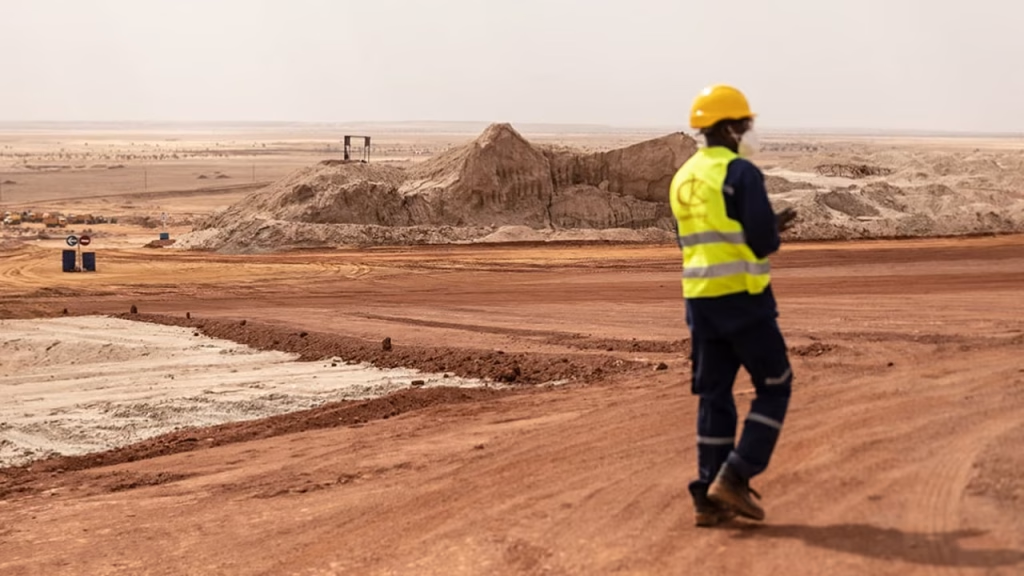The World Bank’s arbitration court has issued a ruling temporarily blocking Niger from selling or transferring uranium from the Somaïr mine, intensifying a legal and geopolitical dispute with French nuclear firm Orano.
ICSID Ruling Escalates Dispute
The International Centre for Settlement of Investment Disputes (ICSID) issued the order this week, prohibiting Niger’s military government from engaging in any trade or transfer of uranium extracted from the Somaïr mine. The mine, located near Arlit in northern Niger, was taken over by the authorities in June 2025 following months of stalled exports and raids on Orano’s local offices.
The ruling also calls for the release of Orano’s country representative, who remains in detention despite a Nigerien court previously ordering his release in July.
Strategic Mine at the Heart of Tensions
The Somaïr mine is a critical asset, supplying approximately 15% of Orano’s total uranium output at full capacity. Orano holds a 63% stake in the mine, while the remaining shares belong to Niger’s state-owned company Sopamin.
Niger’s leadership has defended the nationalization, accusing Orano of benefiting disproportionately from uranium exports over the decades. Officials claim that the French company extracted more than 86% of total output since the 1970s, despite holding a smaller ownership share.
Orano has warned that the financial situation at Somaïr is deteriorating rapidly and that the joint venture is approaching bankruptcy amid the ongoing standoff.
Part of Wider Resource Shift in Sahel
The move to seize greater control over strategic natural resources reflects a broader trend among military-led governments in the Sahel region, including Mali and Burkina Faso. These countries have sought to renegotiate or nationalize foreign-held assets as part of efforts to assert sovereignty over their mining sectors and reduce dependence on former colonial powers.
Niger’s uranium reserves are among the largest in Africa, making the country a key player in the global nuclear supply chain. The dispute with Orano comes at a time when European countries are looking to diversify their energy sources amid geopolitical instability elsewhere.
Next Steps
Niger has not yet issued a public response to the ICSID decision. Legal experts note that the ruling is interim but legally binding, and non-compliance could carry significant diplomatic and financial consequences for Niger’s government.
The final outcome of the arbitration case could shape not only Niger’s mining sector but also broader debates over resource control and foreign investment in West Africa.



